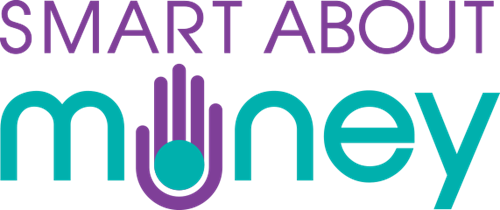
Search
Search Results
Financial Health Check
Budget planner
Debt repayment calculator
Savings goal calculator
How much will my savings grow calculator
Fund classification tool
Tax deductible retirement fund contributions calculator
Living Annuity Drawdown Calculator
Tax Tables
Life and Disability Calculator
Retirement Annuity Calculator
Financial Health Check
Budget planner
Debt repayment calculator
Savings goal calculator
How much will my savings grow calculator
Fund classification tool
Tax deductible retirement fund contributions calculator
Living Annuity Drawdown Calculator
Tax Tables
Life and Disability Calculator
Retirement Annuity Calculator
Financial Health Check
Budget planner
Debt repayment calculator
Savings goal calculator
How much will my savings grow calculator
Fund classification tool
Tax deductible retirement fund contributions calculator
Living Annuity Drawdown Calculator
Tax Tables
Life and Disability Calculator
Retirement Annuity Calculator


 If the sacrifices you need to make to stick to a budget make you unhappy or you believe you are not paid enough, make a plan to move forward. Can you look for a better paid job or start a side hustle? Do you need to study further to get a better job? Should you save for the cost of a further qualification or could your studies be funded?
If the sacrifices you need to make to stick to a budget make you unhappy or you believe you are not paid enough, make a plan to move forward. Can you look for a better paid job or start a side hustle? Do you need to study further to get a better job? Should you save for the cost of a further qualification or could your studies be funded?